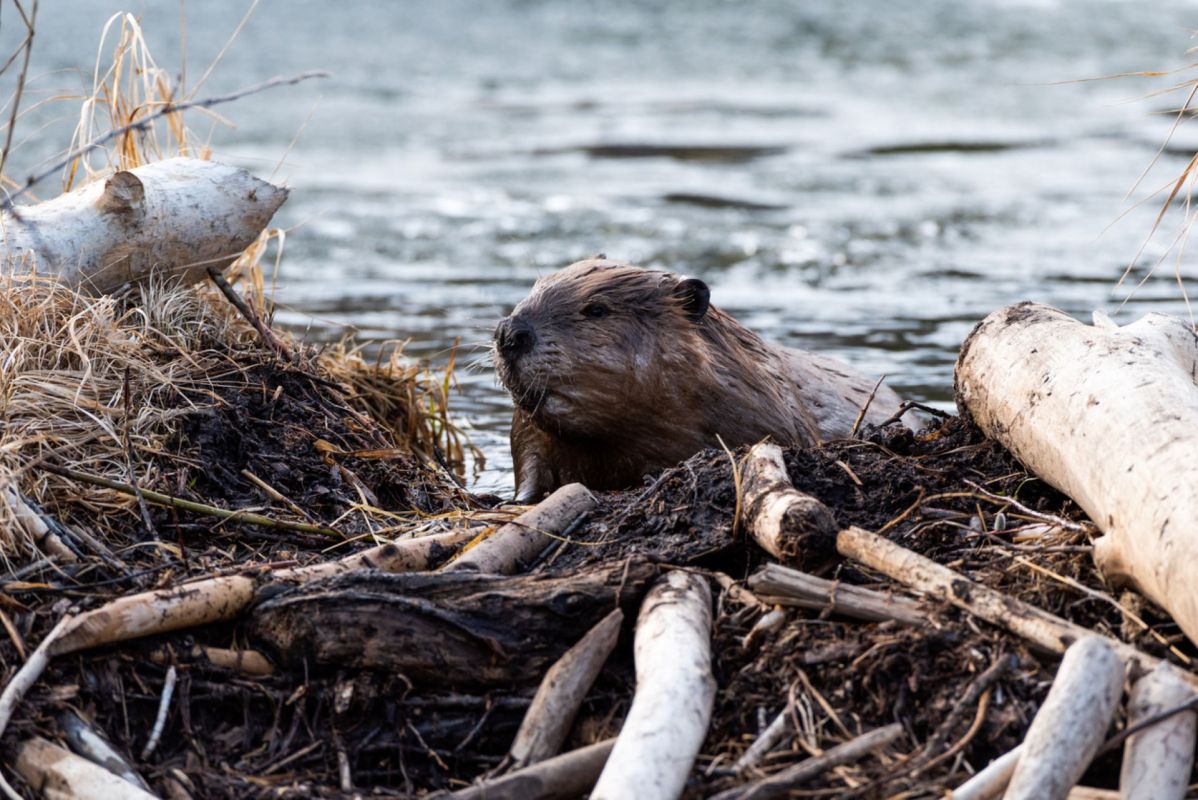In 1998, Olivier Rubbers "beaver bombed" his local waterways.
In layman's terms, that means he re-released beavers into the wild, letting them naturally dam up a river. It was technically illegal, but it raises the question — is it wrong?
Rubbers picked up beavers from Germany, then crossed the border into his native Belgium to release them. He repeated this several times over two years, bringing a total of 97 beavers into his country. He watched as the beavers did their magic, turning streams into beaver ponds, a perfect habitat for frogs, fish, and more.
Rubbers had a bit of a rogue streak, believing that he "had all the authorization [he] needed," when in reality, he had no legal right to do so.
And Rubbers is not alone. There is an underground network of wildlife lovers who also do this type of conservation: illegally introducing, removing, or reintroducing species to bring balance back to nature. Some have proper scientific backgrounds, while others, like Rubbers, do not.
We are in the middle of the world's sixth mass extinction, meaning large numbers of species are going extinct in a short time. This sixth extinction event is caused largely by human activity, including agriculture, pollution, and overheating of our planet.
Rubbers and his fellow rogue rewilders argue that it is more of a crime to let the species die off than to reintroduce them without a permit.
The rewilders believe that reintroducing important species will help nature repair itself. In turn, these healthier habitats will help fight warming temperatures by sequestering carbon pollution from the air and preventing flooding and erosion.
However, the lack of training many of these rewilders have has been a reason for controversy. Those who oppose the rewilders worry they may not know what they're doing. They may increase the chances of spreading disease between humans and animals, hurting biodiversity as they try to help it.
But there are also many who support the rogue rewilders. Scientists note that they can reintroduce a species within a matter of days — instead of waiting for years behind lines of bureaucratic red tape. It's one of the reasons wildlife lovers often praise the rewilders for bringing back these often beloved species.
"They are the heroes of our time," Ben Goldsmith, a British environmentalist, told Noema Magazine.
The argument often boils down to timing. Should we act now to save wild species and improve habitats, or should we be cautious and follow established rules and regulations?
Join our free newsletter for cool news and cool tips that make it easy to help yourself while helping the planet.









